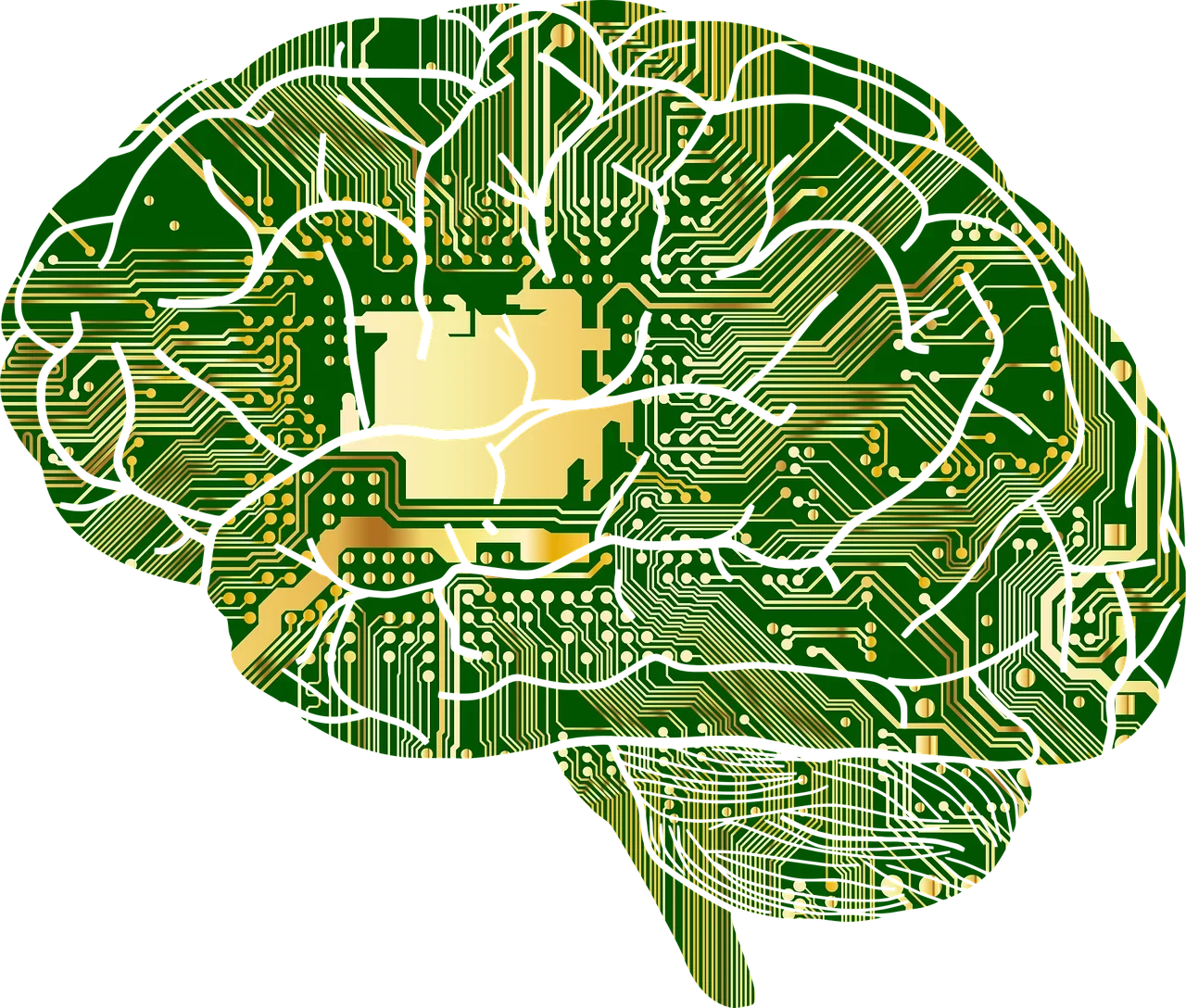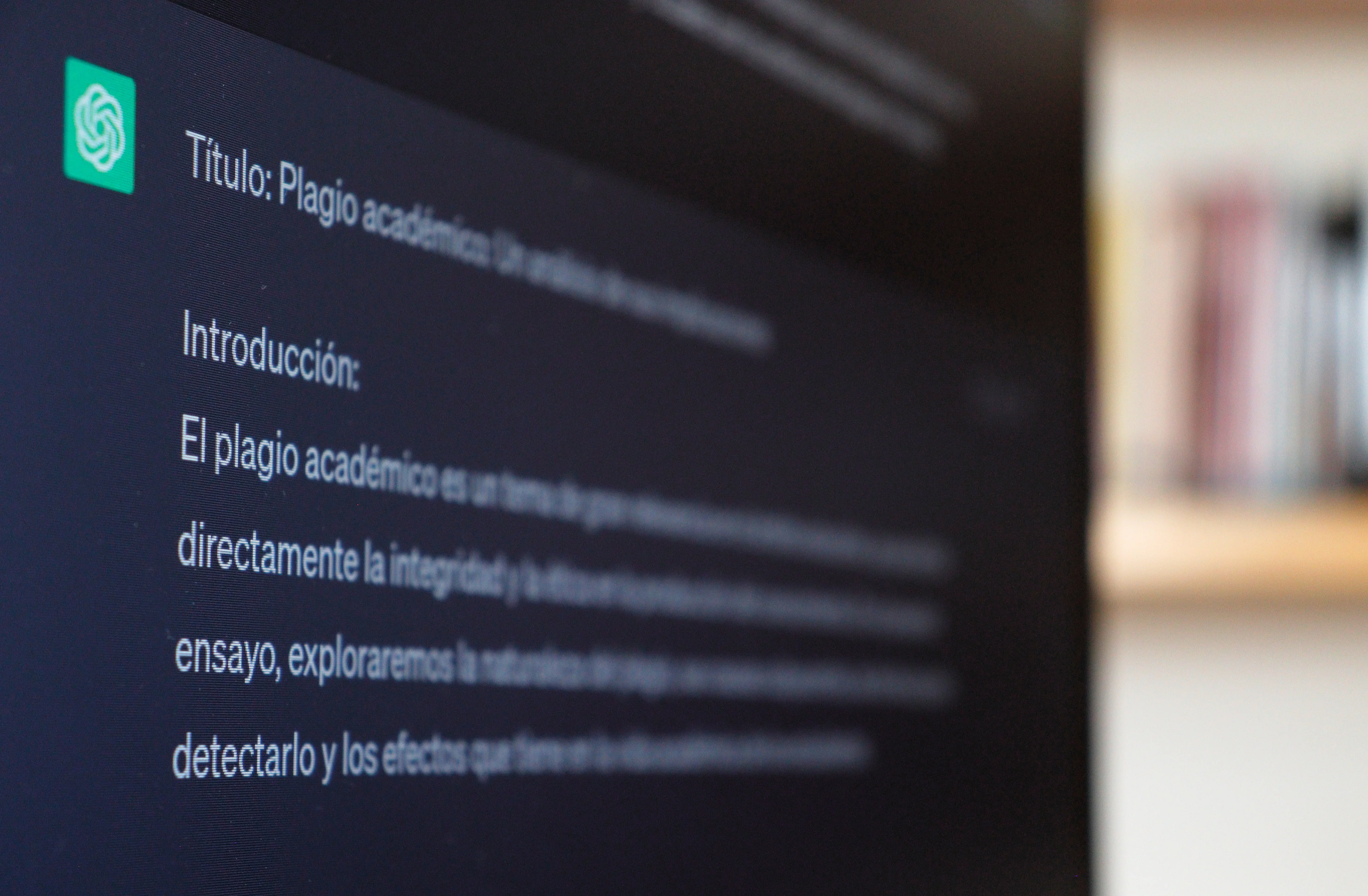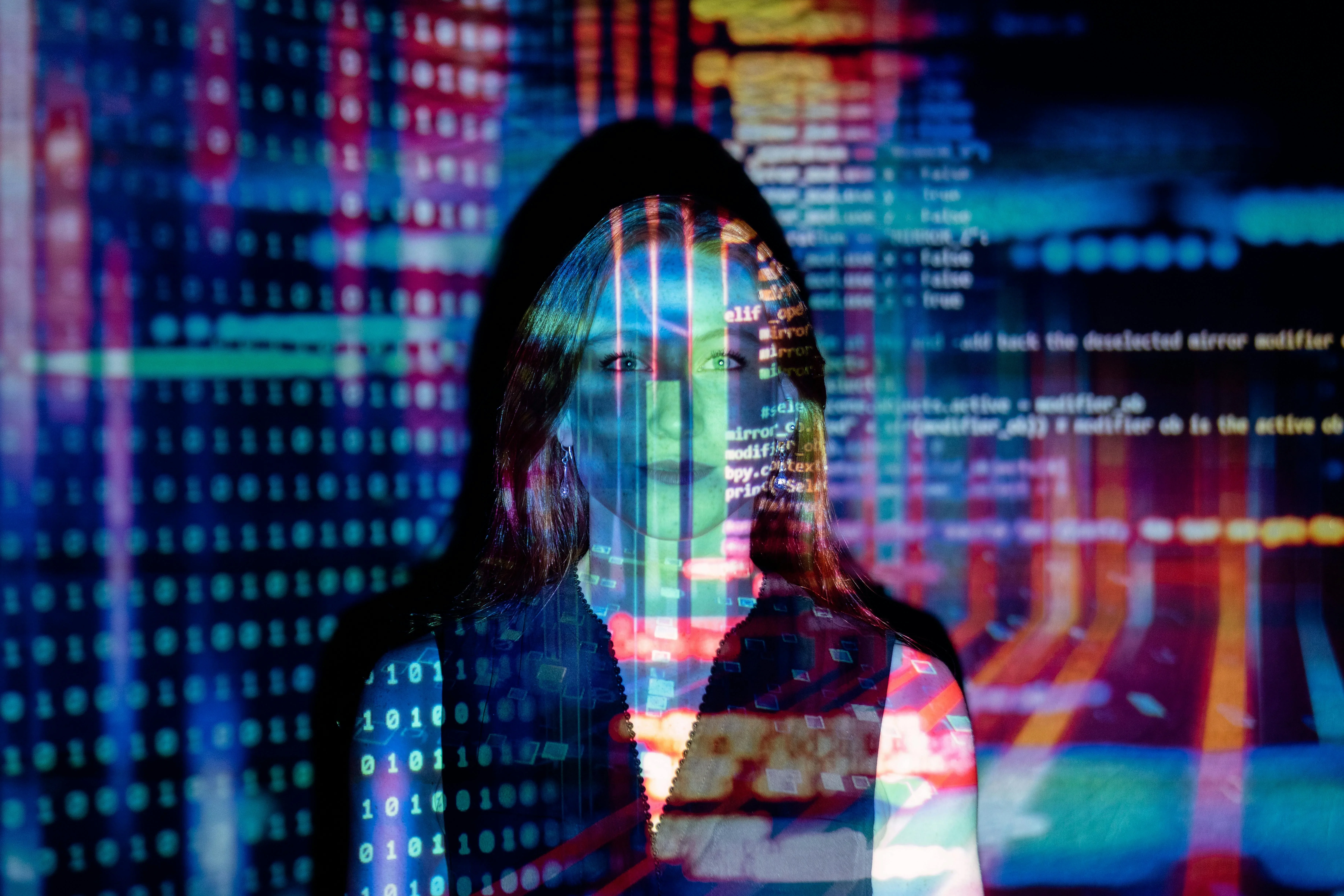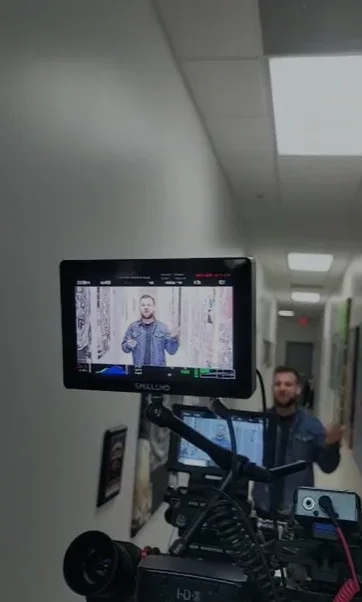Global AI Regulation: Is a "Digital Geneva" Possible This Fall?
As artificial intelligence (AI) becomes increasingly central to the global economy, security, and society, a critical question emerges: how can we regulate this powerful technology before it becomes a source of uncontrollable crises? In 2025, the international community is preparing a series of forums that may lay the groundwork for a global AI regulatory framework—commonly dubbed a "Digital Geneva."
Why Now?
In recent years, AI has transcended its technological roots and become a matter of diplomacy. Language models, autonomous weapons, deepfake videos, and algorithmic decision-making in justice systems have triggered concern from Washington to Delhi and Brussels.
In March 2024, the European Union adopted the AI Act, while the U.S. introduced voluntary ethical standards via the White House. China, meanwhile, imposed tight control over generative AI platforms. Still, a unified international framework is lacking.
“Digital Geneva” – Idea or Reality?
Inspired by the Geneva Conventions on armed conflict, several experts and diplomats advocate for an international AI regulatory platform—with a permanent secretariat, inspection mechanisms, and enforcement measures. The idea is supported by the United Nations, UNESCO, and G7, albeit with varying levels of engagement.
In July 2025, Geneva will host the AI for Good Global Summit (July 8–11), organized by the International Telecommunication Union (ITU) under the UN. More than 100 countries are expected to attend, alongside UN agencies, the private sector, and academia. The summit will address global coordination on ethical standards, safety, and AI for social good.
Geopolitical Fault Lines
The global dialogue is not without tension. China and Russia promote "digital sovereignty," clashing with the EU and U.S. emphasis on transparency and human rights. Meanwhile, India, Brazil, and South Africa push for equitable access to AI technologies without restrictive barriers that may deepen inequality.
Analysts argue that without participation from leading AI companies—such as OpenAI, Google DeepMind, Huawei, and Baidu—any agreement risks being purely symbolic.
Possible Scenarios
Three main scenarios are under discussion:
- Minimal consensus – a non-binding declaration of principles.
- “Coalition model” – regional pacts formed among aligned nations.
- Geneva 2.0 – a comprehensive framework with clear norms and enforcement (currently the least likely).
Conclusion: Is the World Ready for Common Rules?
Artificial intelligence knows no borders—but politics does. A global regulatory framework would be a major achievement, requiring compromise, transparency, and leadership. A "Digital Geneva" is possible—but only if technology serves humanity, not geopolitical agendas.
You may also like
 The Future of Work: Which Professions Will Be Dictated by Artificial Intelligence?
The Future of Work: Which Professions Will Be Dictated by Artificial Intelligence? "When AI becomes a "second brain" in the phone: where does help end and personal responsibility begin?"
"When AI becomes a "second brain" in the phone: where does help end and personal responsibility begin?" Science That Feeds the World: CRISPR Cultures and Smart Fields - Salvation from Hunger or a New Dependency?
Science That Feeds the World: CRISPR Cultures and Smart Fields - Salvation from Hunger or a New Dependency? The "Moltbook" social network, exclusively for AI, has already gathered over 1.6 million bot profiles
The "Moltbook" social network, exclusively for AI, has already gathered over 1.6 million bot profiles
Disclaimer:
This article is an analytical review by the BurgasMedia editorial board and reflects the opinion of an expert group based on current political, economic, and social developments.
The conclusions presented are not predictions or factual statements, but a hypothetical interpretation of possible scenarios.
The publication is not responsible for any discrepancies with future developments and encourages readers to form independent judgments based on verified sources.




Коментари (0)
Все още няма коментари.